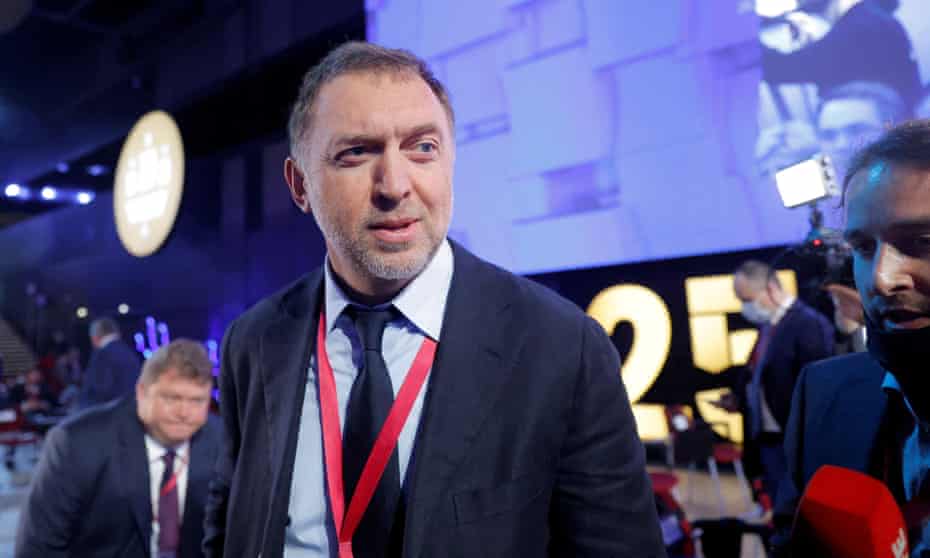Russia could run out of money next year, says oligarch Oleg Deripaska
Western sanctions are causing serious pressure, with budget deficit forecast to jump
The oligarch Oleg Deripaska has said Russia could run out of money by next year unless the country secures investment from “friendly” countries as western sanctions bite.
Deripaska, an energy and metals tycoon who was once Russia’s richest person, told an investment conference in Siberia on Thursday: “There will be no money already next year. We will need foreign investors.”
Deripaska, who is subject to UK, US and EU sanctions over Russia’s invasion of Ukraine, said funds are running low and “that’s why they’ve [the Russian government] already begun to shake us down”, according to a Bloomberg report.
He said that Russia was suffering from “serious” pressure from western sanctions, and that the country and its businesses would have to look to other countries with “serious resources” to invest.
“We thought we were a European country,” said Deripaska, who is founder of Rusal, the biggest aluminium producer outside China. “Now, for the next 25 years, we will think more about our Asian past.”
It comes as the European ratings agency Scope warned that Russia’s budget deficit may rise to 3.5% of gross domestic product (GDP), compared with the government’s forecast of 2% of GDP. In 2022, the official shortfall came in at 2.3%.
Scope said this was due to lower revenues from oil and gas exports, as the west weaned itself off Russian energy. “Sanctions and the war are constraining Russia’s fiscal flexibility … due to lower energy export revenues, higher war-related spending and a steady decline in GDP,” it said, according to a Reuters report. “For now, Russia can finance its deficit relatively easily by drawing down the national wealth fund, set to amount to only 3.7% of GDP by end-2024 from 10.4% of GDP at end-2021.”
The ratings agency said Russia’s huge spending on the war would harm its economy in the long term, because it was at the expense of investments in infrastructure, digitalisation, housing and environmental protection.

